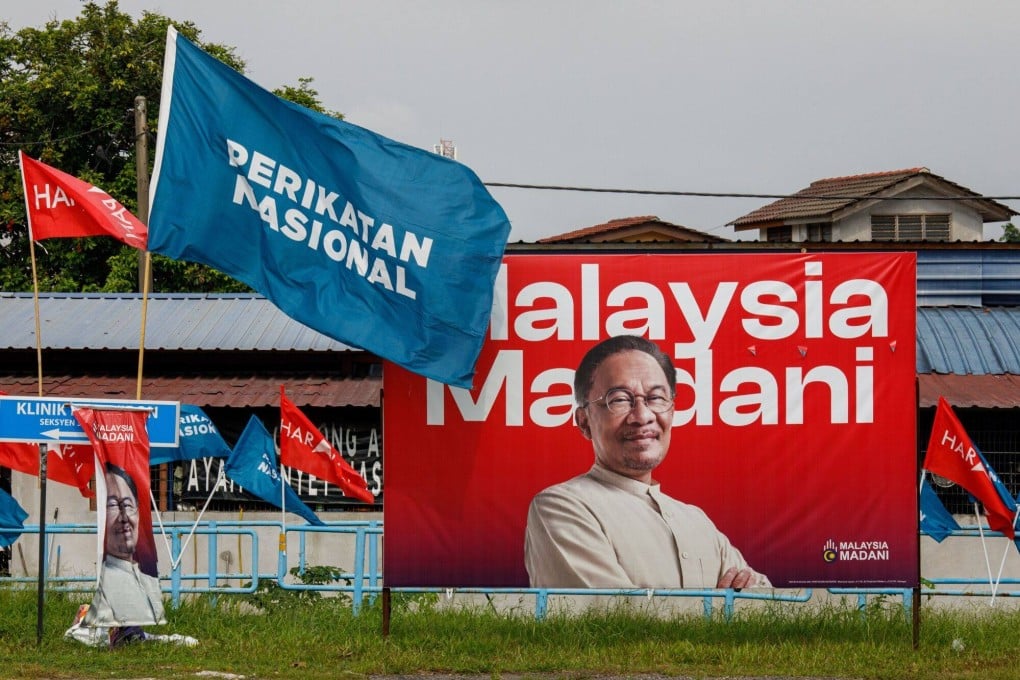Asian Angle | Can Malaysia’s Anwar Ibrahim push through economic, social reforms amid political roadblocks?
- Malaysia’s prime minister needs to communicate the economic benefits of reform to Malays, amid a strong opposition that has fanned racial insecurity
- He could be on a slippery slope if he tries to boost his support among the Malay majority at the expense of his reform agenda

The PH coalition maintained its hold on three states – Selangor, Penang and Negeri Sembilan. Opposition Perikatan Nasional (PN) and its component Parti Islam Se-Malaysia (PAS) achieved supermajorities in its three states – Kedah, Kelantan and Terengganu.
While retaining control of the west coast states gave Anwar a political reprieve, PN made significant inroads into all three. The PH coalition was denied a two-thirds majority in Selangor, where PN increased its number of seats from one to 22. Similar seat increases took place in Penang and Negeri Sembilan. The PH coalition also retained two seats in the Johor by-elections.
PAS’ strongholds remain the predominantly Malay states in the north and east of Peninsular Malaysia, but support for PN grew even in semi-urban parts of Selangor, located around the periphery of Klang Valley’s urbanised centre.

Several reasons account for this “green wave”, including the rise of Malay nationalism, which PN leaders leaned into during both the general election and state elections. But the decline of BN linchpin the United Malays National Organisation, plagued by fragmentation and corruption allegations, may have also played a role in PN’s success.
